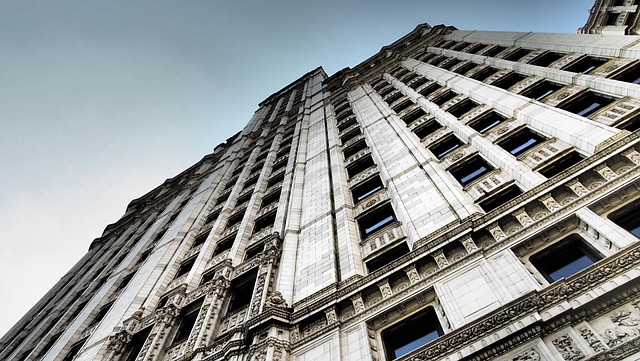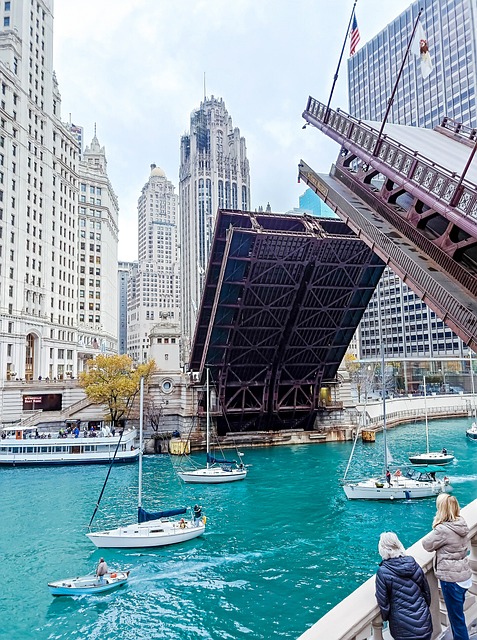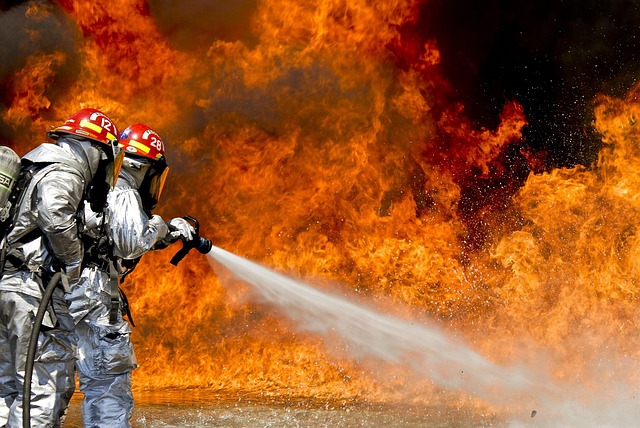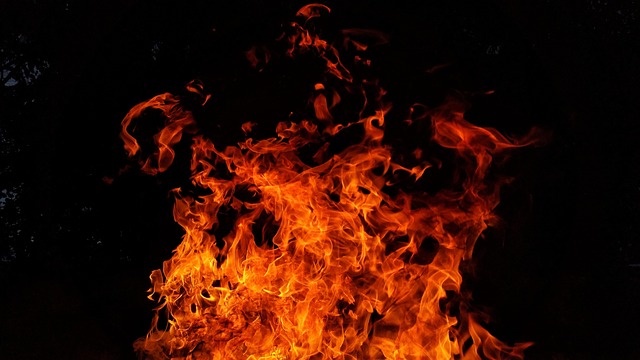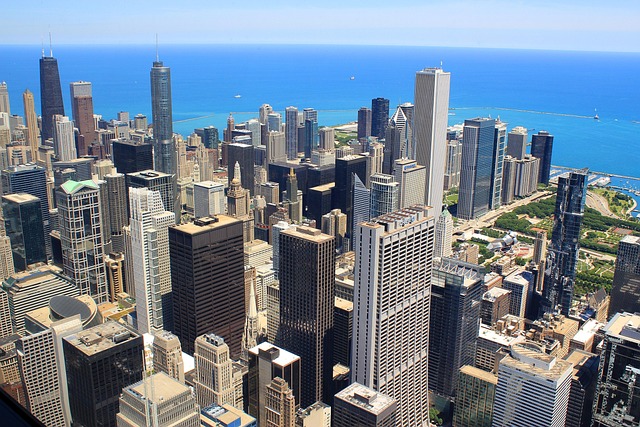Selling a house with fire damage in Chicago requires specialized knowledge due to unique challenges in post-fire property valuation. Professionals inspect for damage, consider neighborhood trends and property age, and assess critical systems like electrical and plumbing. Understanding insurance policies, local regulations, and building codes is crucial for accurate valuation and a successful sale. Engaging experienced real estate professionals can streamline the process for homeowners looking to sell fire-damaged properties in Chicago.
“In the aftermath of a fire, property valuation in Chicago becomes a complex process, impacting both homeowners and real estate agents. This article guides you through the intricate world of post-fire assessments, offering insights on understanding Chicago’s unique market dynamics. From identifying fire damage indicators to navigating local regulations, we explore strategies for selling a house with fire damage while ensuring fair valuations. Discover how insurance plays a pivotal role and learn from experts to navigate this challenging yet essential aspect of Chicago’s real estate landscape.”
- Understanding Post-Fire Property Valuation in Chicago
- Assessing Fire Damage: What to Look For in a Chicago Home
- The Role of Insurance in Post-Fire Property Transactions
- Local Regulations and Building Codes After a Fire
- Strategies for Selling a House with Fire Damage in Chicago
Understanding Post-Fire Property Valuation in Chicago
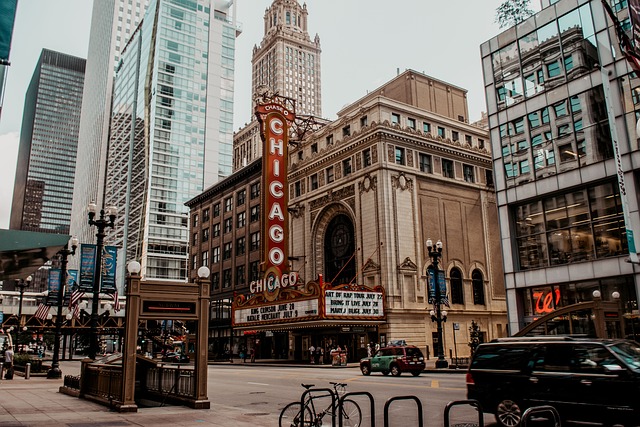
After a fire, property valuation in Chicago can be a complex process. Homeowners often find themselves navigating a new reality when their once vibrant and valued properties are left with visible smoke and water damage. Understanding post-fire property valuation involves recognizing that the market’s perception of a home’s value changes significantly after such disasters. In Chicago, where real estate is diverse and competitive, assessing a house with fire damage requires specialized knowledge to determine its current worth accurately.
Factors like the extent of the damage, the age of the property, and recent neighborhood trends all play crucial roles in this process. Homeowners selling their properties with fire damage in Chicago should remember that insurance adjustments may not always align with market value. Engaging experienced appraisers who specialize in post-disaster assessments can ensure a more accurate evaluation, providing homeowners with essential information as they make important decisions about their future living arrangements and financial recovery.
Assessing Fire Damage: What to Look For in a Chicago Home

When assessing fire damage in a Chicago home, it’s crucial to look beyond the surface and understand the extent of the loss. Inspectors should examine structural elements like walls, roofs, and floors for signs of charring or collapse. Check for water damage from firefighting efforts as well, as this could impact potential repairs and costs. Pay close attention to the kitchen and bathrooms—areas often most affected in fires—evaluating appliances, cabinets, and fixtures for any harm.
Look for visible smoke damage, which might appear as discoloration or residue on walls, ceilings, and furniture. Assess the integrity of electrical and plumbing systems, as these are vital components that require thorough testing and potential replacement after a fire. In Chicago, where real estate is diverse, understanding neighborhood values and comparable sales following similar incidents can provide valuable context for post-fire property valuation.
The Role of Insurance in Post-Fire Property Transactions

When a Chicago homeowner faces the aftermath of a fire, one of the initial steps in their journey to recovery is navigating post-fire property valuation. During this process, insurance plays a pivotal role. Homeowners with valid insurance policies for their properties can expect comprehensive coverage for repairs and rebuilding efforts. This includes assessments to determine the current value of the affected assets, which can impact future selling house with fire damage Chicago transactions.
Insurance providers work closely with policyholders and independent adjusters to assess the extent of damage, ensuring that every repair is accounted for in the final valuation. For Chicago residents, understanding their insurance rights and obligations during such times is crucial. It provides a safety net, easing some financial burdens as they focus on rebuilding and restoring their homes.
Local Regulations and Building Codes After a Fire
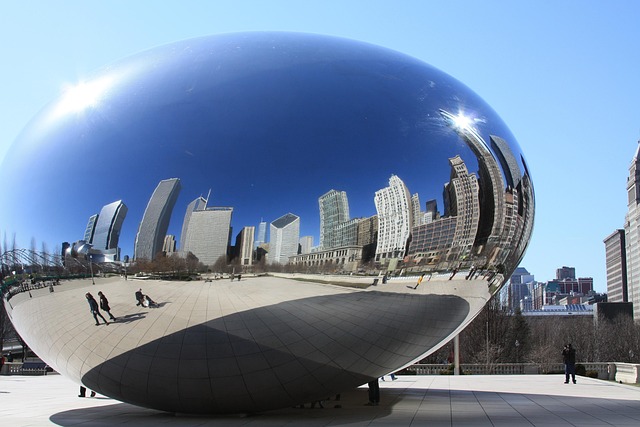
After a fire, the first step in the property valuation process for a selling house with fire damage Chicago involves understanding local regulations and building codes. These guidelines are designed to ensure safety and maintain the quality of construction in the city. Building departments conduct thorough inspections to assess the extent of damage and determine if repairs meet the required standards. During this phase, homeowners must provide detailed records of renovation work and material choices to support their valuation efforts.
Chicago’s building codes often include specific provisions for fire-damaged properties, focusing on structural integrity, electrical systems, and safety features. Repairs may need to adhere to stricter guidelines, especially in older buildings. Homeowners should be prepared to demonstrate compliance with these regulations during the valuation process. Understanding these requirements is crucial when selling a house with fire damage Chicago, as it can impact the timing and cost of repairs, ultimately affecting the property’s final value.
Strategies for Selling a House with Fire Damage in Chicago

Selling a house with fire damage in Chicago can be a challenging process, but there are several strategies homeowners can employ to navigate this difficult situation successfully. The first step is to conduct a thorough inspection and assessment of the property’s damages. This involves documenting every affected area, from structural elements to personal belongings, and obtaining estimates for repairs from qualified contractors. Understanding the extent of the damage is crucial for setting realistic expectations during the sales process.
Once prepared, homeowners should consider engaging a real estate professional experienced in post-fire sales. These experts can help navigate local regulations and insurance claims, guide the property listing, and market the house effectively to potential buyers who might be interested in renovation projects or understand the unique appeal of restoring a home to its former glory. By combining comprehensive preparation with professional support, selling a house with fire damage in Chicago becomes more manageable, ensuring a smoother transition for both homeowners and buyers.
Post-fire property valuation in Chicago involves a complex interplay of understanding local regulations, assessing damage, and navigating insurance claims. As you explore strategies for selling a house with fire damage in Chicago, remember that knowledge is key. By familiarizing yourself with the process and leveraging available resources, you can ensure a smoother transition during what might otherwise be a challenging time. This guide offers valuable insights into every step of the way, empowering homeowners to make informed decisions when it comes to selling their properties after a fire.
